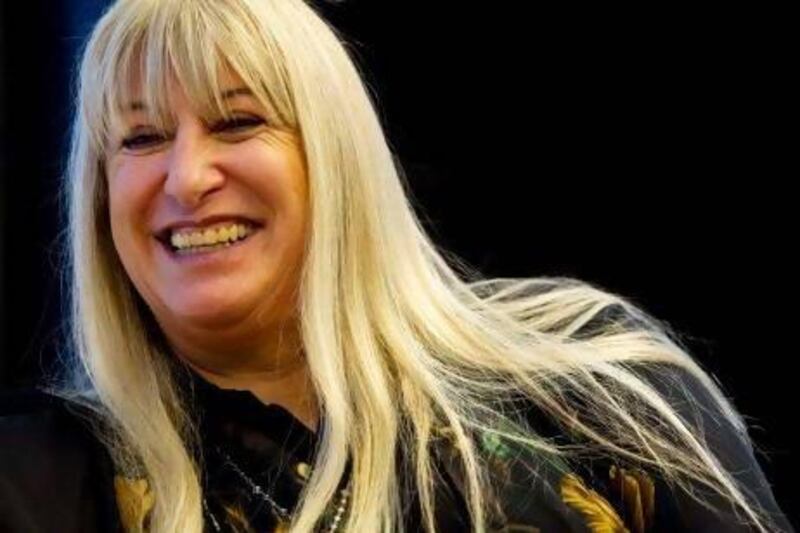When I was 19, I worked as a salesman at Harrods in the Christmas cards section. My boss was a woman in her mid-20s and was running her first department. She was crisp, friendly and hard- working, but it was only when I started comparing her with the man in his mid-30s who ran the adjacent leather furniture section that it dawned on me that women took their work more seriously.
While he would spend his days on the phone arranging his social life, she would be arranging schedules and generally mucking in, helping out in the stockroom and dealing with anxious Americans.
That was nearly 30 years ago and I still stand by the belief that women are better administrators and can take hard decisions. Indeed, she had no hesitation in firing me for falling asleep on the job.
And after 21 years in Lebanon, a period in which, with few exceptions, I have seen men literally wreck the country; fail to implement any plan to build a structured economy or push through any social or environmental reform, I would happily hand over the running of the nation to a cabinet of all female technocrats.
Bottom line, Lebanese women make fabulous managers. Supremely educated, they are blessed with not being pulled in all directions by generations of machismo and overindulgence. They are also focused, efficient, goal-driven, and compassionate. And yet they are given so few chances to prove their worth.
And so here we are on International Women's Day with very little to do except reflect on how we have fallen short in female empowerment. It not only reminds us that we do not give them enough opportunities in business and other areas of society - the law that prohibits a Lebanese woman passing her nationality on to her child is a particularly shameful stain on the nation - it also offers a wider glimpse into how this country has slid into vacuous mediocrity.
Carlos Ghosn, the chief executyive of both Nissan and Renault, set the early pace in national debate by highlighting the shortage of genuine women leaders in business.
Talking to Lebanon's New Arab Women Forum via satellite link last Friday, the motor industry guru reminded us that while more than 50 per cent of women enter higher education, only half of that number enter the workforce with less than 10 per cent wielding what he called "leadership power". Given the predominantly male brain drain, it is a worrying statistic.
So who then are the Lebanese role models?
Arabian Business recently published what it considered to be the 100 most powerful Arab women with 12 Lebanese making the cut. Five (Nayla Hayek listed in 8th place, Anissa Helou 46, Octavia Nasr 66, Mona Bawarshi 81 and Christine Sfeir 90) are entrepreneurs or businesswomen; Four (Fairouz 31, Nancy Ajram 41, Elissa 42 and Najwa Karam 56) are singers; Two (Nadine Labaki 39 and Cyrine Abdelnour 49) work in film and one (Leila El Solh 14) is a former minister of industry and humanitarian activist.
Hardly a roll call stuffed with technocrats and pioneers. It would have been good to see more home-based business talent in the list. Only, Leila El Solh, Mona Bawarshi and Christine Sfeir live in Lebanon, while the number of pop stars on the list does little to shore up Lebanon's reputation for substance. Exile and entertainment seem to define our entries. Sad, really and hardly the role models we would choose to shape future generations.
Heading the whole list for the third year running was Sheikha Lubna Al Qasimi, the UAE's first female minister and Minister of Foreign Trade.
It will be interesting to see how many cabinet ministers are appointed after the June elections, assuming they take place at all. Lebanon's women need a chance to shine.
Michael Karam is a freelance writer based in Beirut





